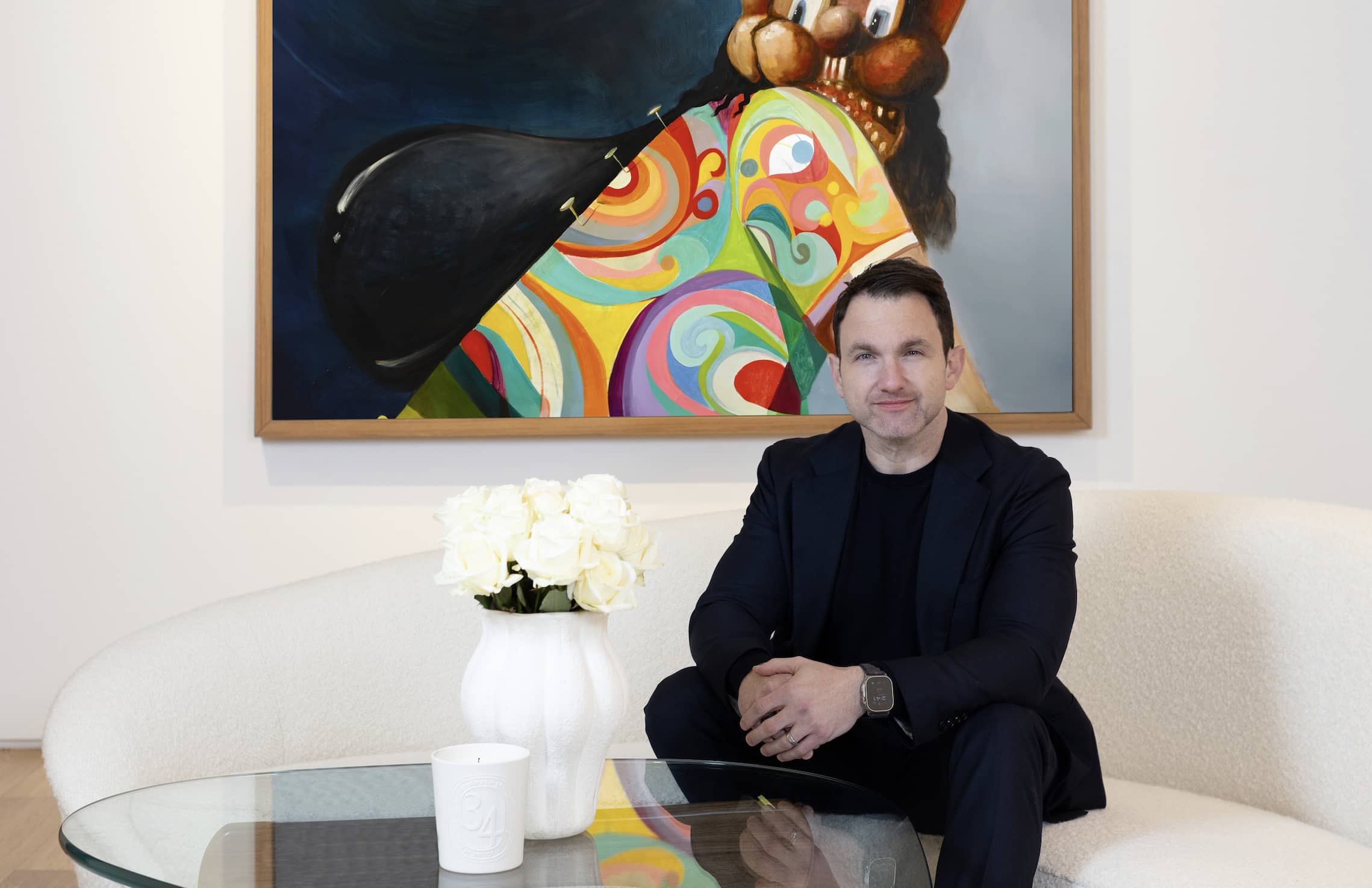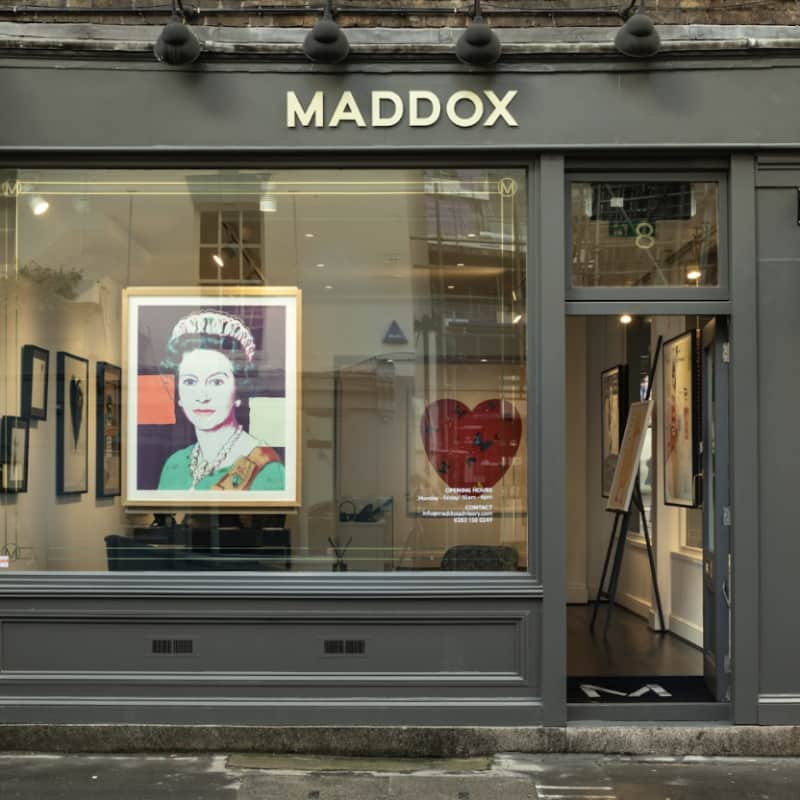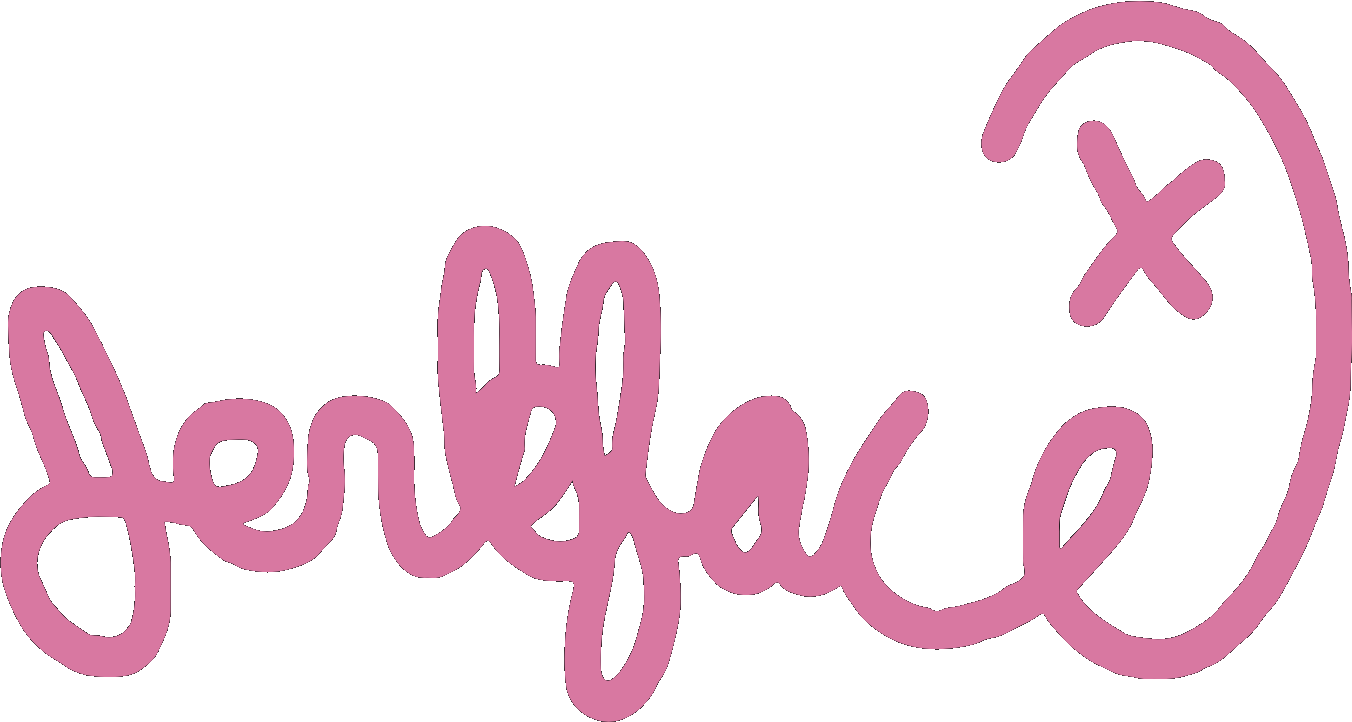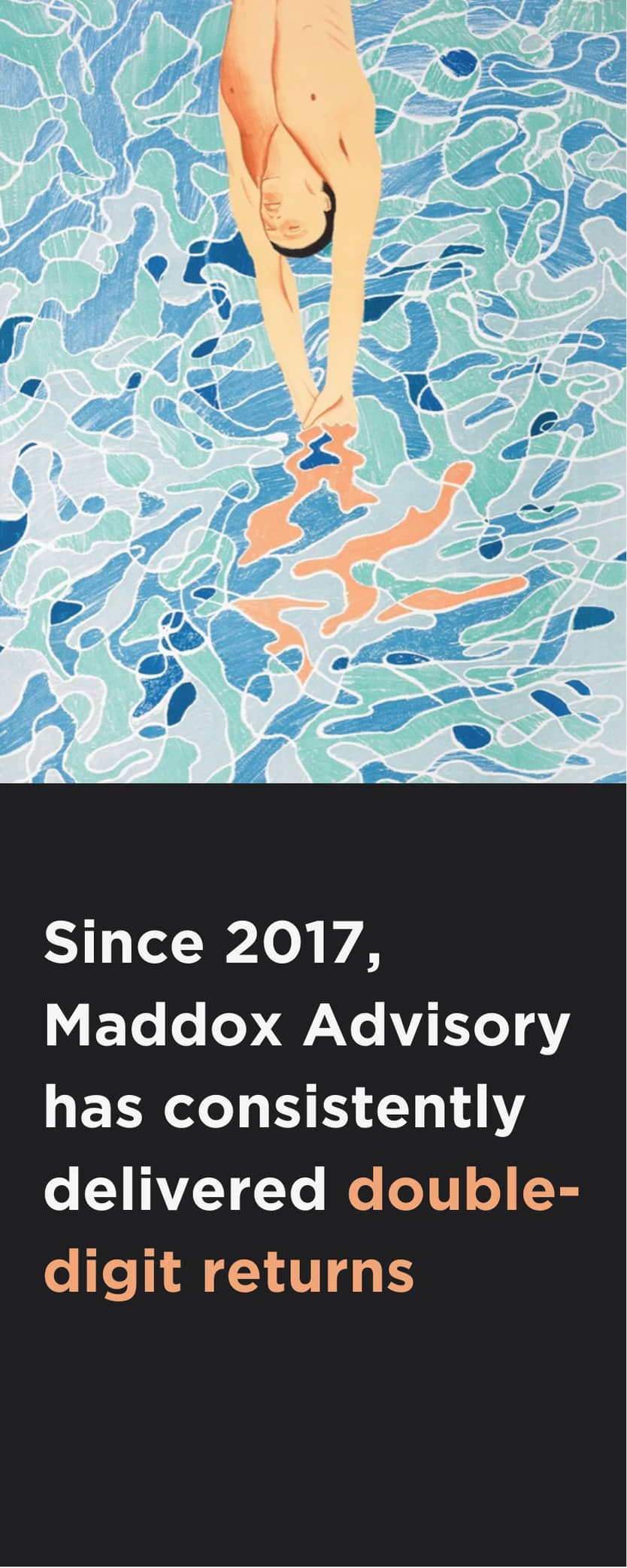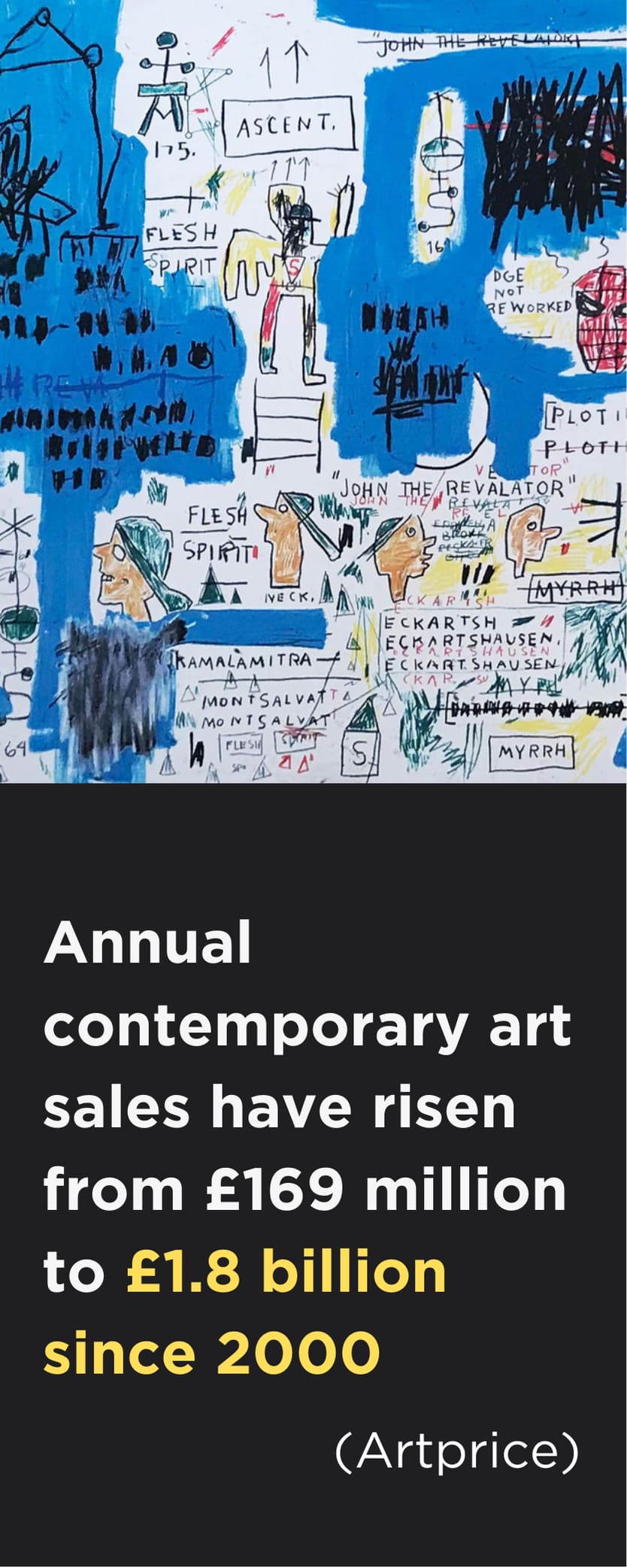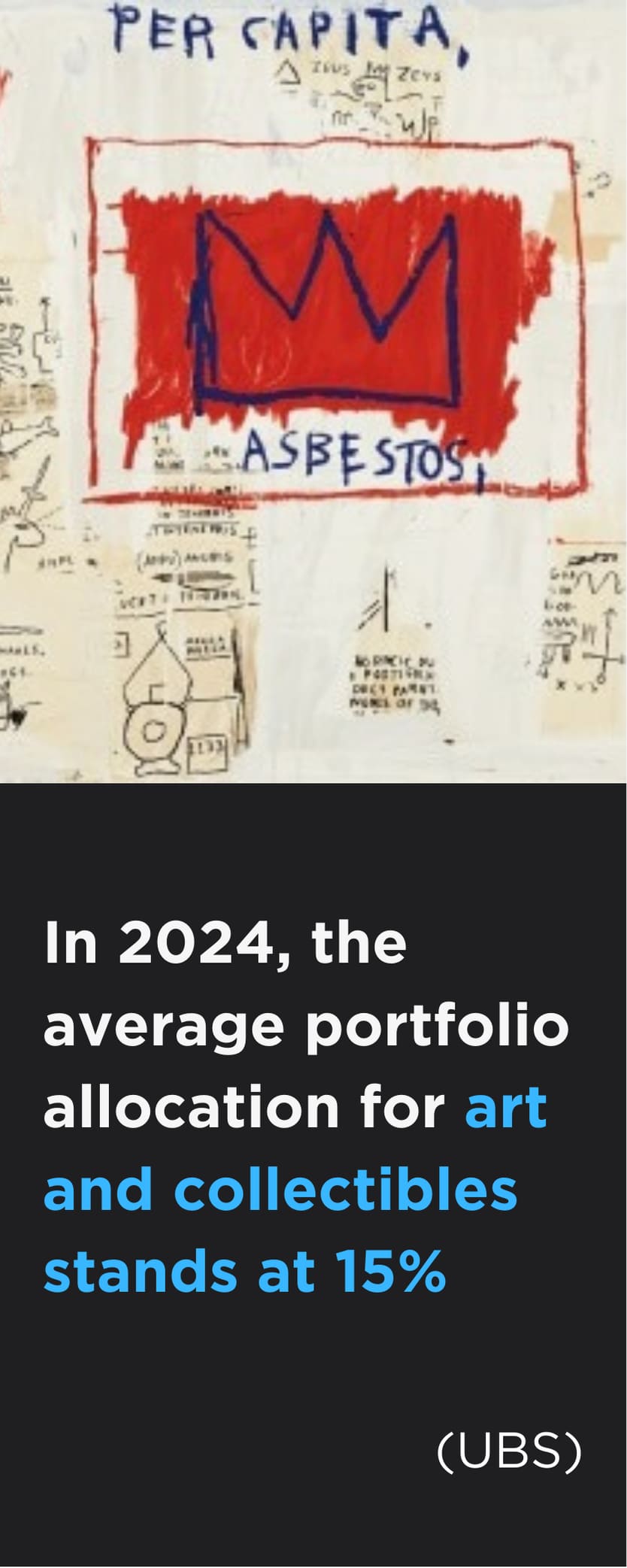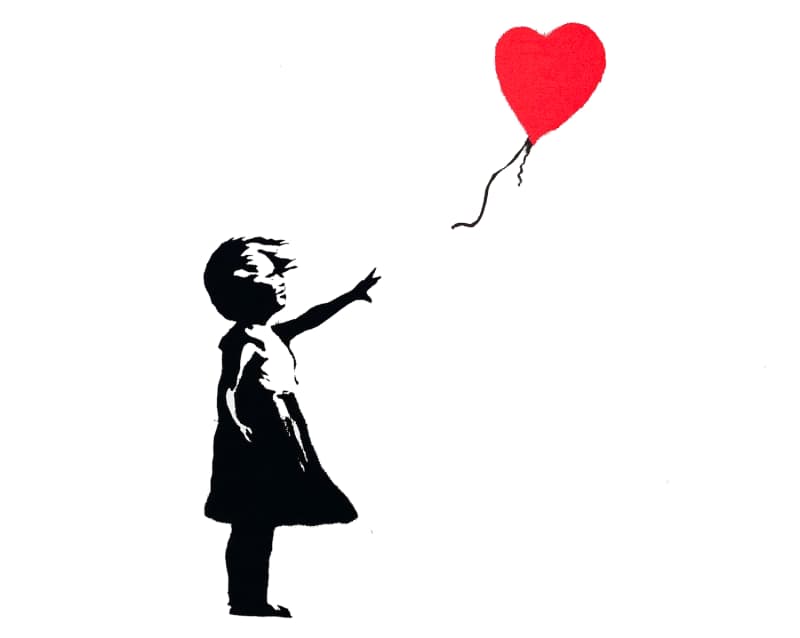In 2025, the art market doesn’t just evolve - it adapts, contorts, and pivots in ways even the savviest insiders are still trying to grasp. The coming year will be defined by a push-and-pull between domestic pride and global ambitions, by the steady hum of nature’s call in our cultural psyche, and by the industry’s ongoing reckoning with its brick-and-mortar past. So, let’s break it down: seven key 2025 art trends and shifts that will test the art world’s mettle and reward its trailblazers.
Deglobalization: Domestic Markets Take Center Stage
Jasper Johns, Three Flags (1958)
We’re witnessing a grand reset as globalization slows its roll. The pandemic, a wave of nationalism, geopolitical jitters - they’ve all conspired to push us back to home turf. With President Trump’s second term reigniting “America First,” conflict simmering in Eastern Europe and the Middle East, and trade barriers sprouting up like unwelcome weeds, it’s no surprise that art’s going local.
Research out of Umeå School of Business and Economics found that artworks command a 14% price boost in the artist’s home country. It’s not just a quirk of emerging markets, either. Yes, China and India are logging hefty premiums - 30% to 40%. But even big players like New York and London show respectable home biases of 5% to 12%. As nationalist sentiment creeps into collecting habits, American icons like Warhol and Jasper Johns stand to enjoy the applause of a home-field advantage.
Biophilic Art in Full Bloom
David Hockney, from the series The arrival of spring in Woldgate (2011)
Let’s face it, after a few years of global tension and inside living, who isn’t craving a deeper, more organic connection? In 2025 art trends, nature-infused art will have its moment. Expect earthy tones, botanical themes, and subtle floral motifs to transform walls into tranquil sanctuaries. As one art-forward interior designer, Kiewiet de Jonge, puts it: “Clients in cities everywhere hunger for a hint of the wild.” Think David Hockney’s lush landscapes and Damien Hirst’s butterfly mosaics—testaments to nature’s beauty and life’s delicate impermanence. The message is clear: in a world so loud, nature-inspired art whispers the calm we crave.
The Retro and Vintage Revival
Jessica Brilli, Gas Station (2024), for her solo show Dreamstate
Nostalgia is a powerful currency. And in 2025, it’s set to trade at a premium. Retro and vintage-inspired art channels familiarity, comfort, and the romance of yesteryear. Think mid-century aesthetics revived and refined for contemporary tastes. Jessica Brilli’s work embodies this spirit, with stylized nods to American realism and the suburban idyll of 20th-century life. Like Edward Hopper’s hushed city scenes, Brilli’s paintings invite a lingering gaze and maybe a quiet sigh. It’s the past, repackaged as a tasteful, timeless presence in your living room.
Oversized Abstract Art: A Classic Reinvented
Sam Smyth, Blues and Greens (2024)
Abstract art’s enduring magic lies in its ability to let each viewer craft a personal narrative. In art trends for 2025, we go big - literally. Oversized abstracts, awash in vibrant brushstrokes and bold geometry, will anchor interiors and announce themselves as the confident focal points they are. British contemporary artist Sam Smyth, channelling the energy of Op-Art and Constructivism, layers colour and form into rhythmic abstractions that practically vibrate off the canvas. In a world of subtlety, these pieces are not-so-subtle invitations to think, feel, and engage.
The Shift from Gallery Retail to Art Advisory
© Marlborough Gallery closed their doors in June 2024
Let’s talk about business models. Traditional galleries, once the beating heart of the art ecosystem, are closing at a pace that’s more marathon than sprint. The digital wave has hit, foot traffic was in freefall, and the past few years have reshaped the terrain. A slew of notable galleries - from JTT to Marlborough - have shuttered their doors, some after decades of operation.
The future? Art Advisory services and private, VIP-style experiences. You’re not selling canvases on a stroll-in basis anymore; you’re curating bespoke portfolios for discerning collectors. It’s about expertise, exclusivity, and relationships. The walk-in gallery? That’s yesterday’s news. Tomorrow belongs to those who can guide, advise, and discreetly orchestrate acquisitions from behind the scenes.
The Digital Reckoning: Major Art Platforms in Trouble
© Artsy.net
Sure, the pandemic’s early days saw online sales surge to nearly 20% of the market, but not every digital pioneer is crossing the finish line in style. Widewalls is gone, and industry stalwarts like Artnet and Artsy face fierce competition from data-driven newcomers. In the next two years I have no doubt one major player will slip beneath the waves. That’s the digital marketplace in 2025: survival of the fittest, the fastest, and the most forward-thinking.
South Korea’s Regulatory Reboot amid Political Turbulence
South Korea is determined to chart a fresh course, easing export restrictions on post-war Korean art and rolling out a comprehensive Art Promotion Act by 2027. Artist resale rights, authenticity warranties, and annual sales reports are on the horizon. This is no small regulatory tweak - it’s a framework designed to cultivate trust and transparency. Yet, the impeachment of President Yoon Suk Yeol, following a declaration of martial law, could slow the momentum. The road ahead remains bumpy, but South Korea’s intent to re-engineer its market is clear.
Adaptability and Innovation: The Markers of Success
This is what the next chapter looks like. The art world’s future belongs to those nimble enough to embrace new consumer preferences, bold enough to exploit domestic opportunities, and forward-thinking enough to reinvent their business models. In 2025, survival isn’t about clinging to old norms; it’s about reimagining them. As the brushstrokes dry, the story they tell is one of resilience, creativity, and a market brave enough to meet change head-on.

Written by John Russo, Maddox Chief Executive Officer. Strategic leader, business leader and experienced lawyer working in high-profile art litigation, John provides governance and oversight to each stage of the advisory process, ensuring that every Maddox investor receives the highest level of client service and portfolio management.
